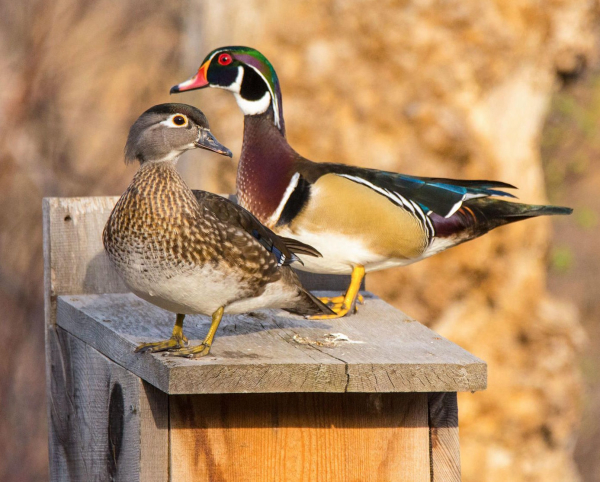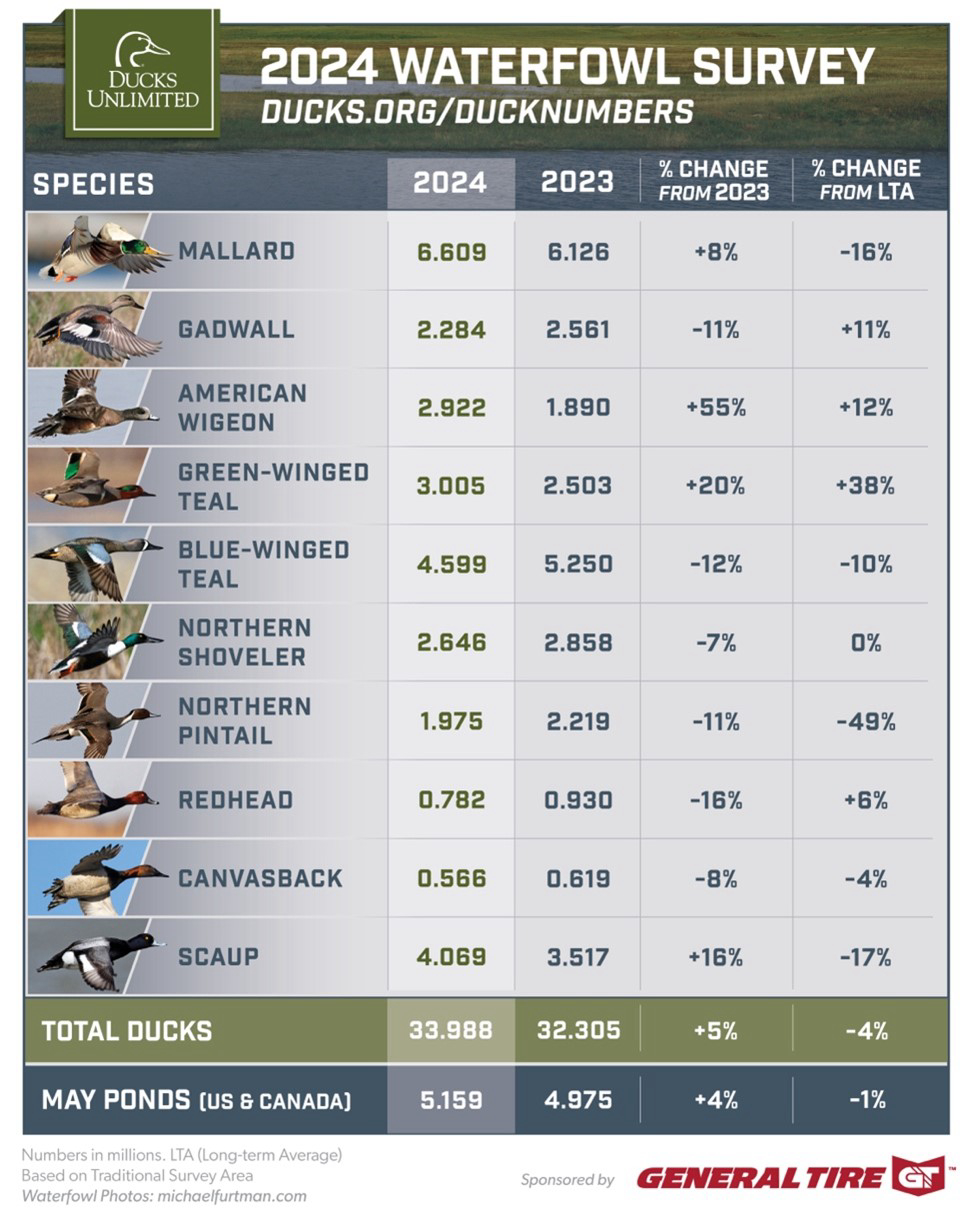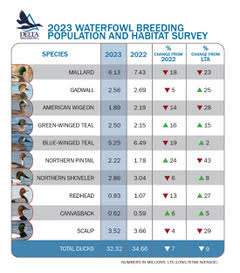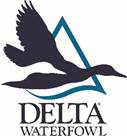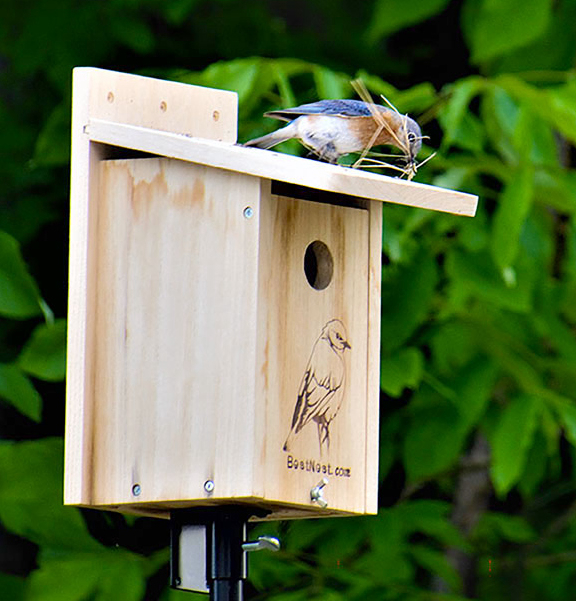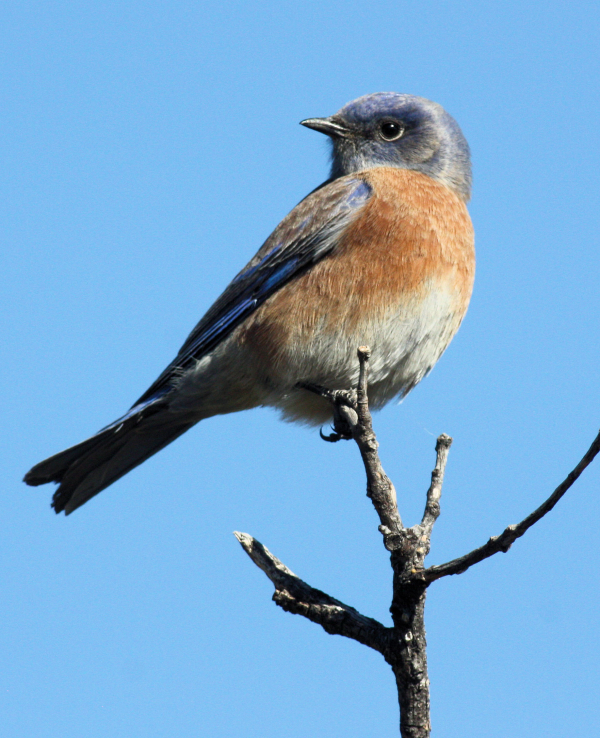Delta Waterfowl Expands Predator Management to Produce More Ducks
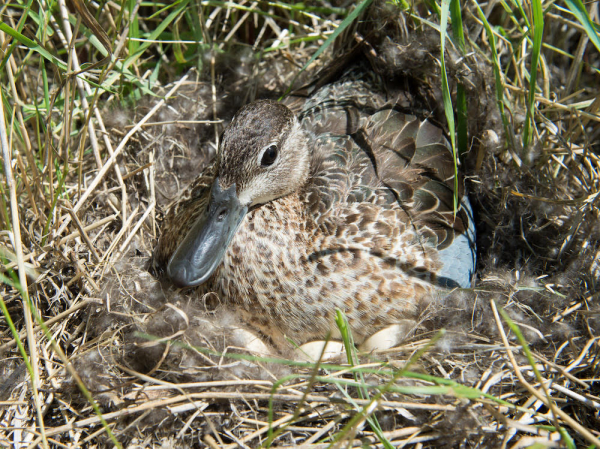
The Duck Hunters Organization conducts annual field work in the prairie pothole region during nesting season
As ducks begin to breed and nest in the prairie pothole region this spring, Delta Waterfowl’s Predator Management trappers are again hard at work to boost the hatch and increase duck production.
Delta Waterfowl continues to increase its impact for ducks and duck hunters, operating a program-record 46 Predator Management sites during the 2024 breeding season, up from 31 sites in 2023. The program expansion is an incremental step in Delta’s delivery of the Million Duck Campaign, a $250 million fundraising initiative with a goal to produce 1 million ducks annually.
“We are now operating in all five prairie pothole region jurisdictions (Alberta, Saskatchewan, Manitoba, North Dakota, South Dakota) at the same time,” said Mike Buxton, waterfowl programs director for Delta Waterfowl. “We’ve added 15 more sites this season, which establishes the base for continued growth of Delta’s Million Duck Campaign.”
Delta’s Predator Management trappers—all of whom are professionals with extensive trapping experience—begin work in early spring. Some years, they are met with deep snowdrifts that hamper access, while other springs afford easier mobility to set traps for duck nest predators.
“It’s important to have as much time as possible for the traps to do the job ahead of when ducks start nesting,” Buxton said. “During those gigantic snow years, the water is really good for ducks when all of the snow melts, but it inhibits our trappers’ ability to get everywhere they need to be right from the start. We just go about our work a different way.”
The goal of Delta’s Predator Management is to produce ducks.
“We strategically deploy this tool in landscapes where duck production is low and not reaching its full potential,” Buxton said.
Raccoons and skunks, duck nest predators that were uncommon or absent across much of the prairie prior to the 1950s, have become overly abundant in many areas because of changes in land use and agriculture. The effects have been devastating for ducks. Studies have shown that up to 90 percent of the failed nests are destroyed by predators.
“The altered landscape has created an imbalance between waterfowl and predators,” said Joel Brice, chief conservation officer of Delta Waterfowl. “We focus Predator Management on areas where the predator/prey balance is misaligned. The result is that more nests hatch, and more ducks fly south every fall.”
Powered by the strength of the ongoing Million Duck Campaign, Delta Waterfowl will continue to expand Predator Management delivery in the PPR.
“Simply put, expanding Predator Management will put more ducks into the fall flight every year,” Brice said.
Delta Waterfowl is The Duck Hunters Organization, a leading conservation group working to produce ducks and secure the future of waterfowl hunting in North America. Visit deltawaterfowl.org.
For more information about Delta’s proven Predator Management Program, contact Mike Buxton at mbuxton@deltawaterfowl.org or (701) 222-8857 ext. 5204.


